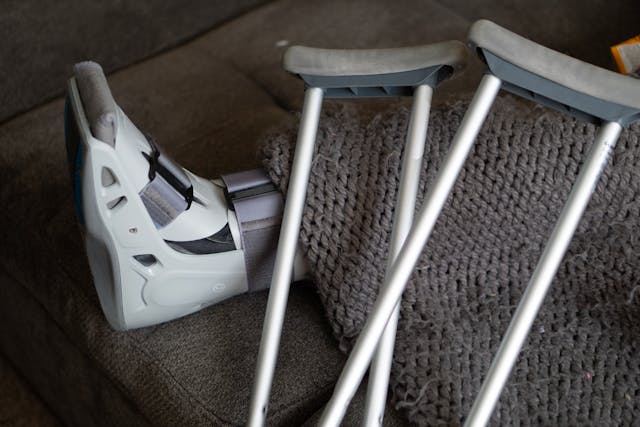
It is honorable that you decided to enter the railroad industry, even with it being notorious for dangerous work tasks and working conditions. You may go years or even decades in this line of work without even getting so much as a scratch on your body, so to speak. Sadly, it may only take one second for this luck to turn upside down completely, and to enter a catastrophic accident that leaves you seriously injured or possibly disabled. And if you decide to pursue legal action against your railroad company employer afterward, they may claim the assumption of risk as their legal defense. With that being said, please continue reading to learn more about the assumption of risk defense commonly exercised in railroad injury cases and how one of the experienced FELA lawyers at Hildebrand McLeod & Nelson LLP can help you fight against this tactical argument.
What is the assumption of risk defense in a railroad injury case?
Suppose your railroad company employer makes the assumption of risk argument in your railroad injury case. In that case, they essentially state that you should have been reasonably aware of the inherent risks associated with your job. Further, they may argue that you still voluntarily chose to participate in this work field despite being cognizant of these posed dangers. Ultimately, they may conclude that, given these circumstances, they have the right to assume limited liability for your incurred bodily injuries.
What can I do to fight against this defense tactic?
You may rest easier knowing that the Federal Employers’ Liability Act (FELA) virtually prohibits the assumption of risk defense to serve as a valid argument in a railroad injury case. This is because this Act holds that railroad workers cannot be given the burden of assuming the risks of their employment. In turn, the railroad company must take responsibility should any incident arise from the risks and dangers posed within the given working conditions.
With that in mind, the only exception to this defense tactic being barred is if your railroad company employer can effectively prove that you acted negligently. For example, they may provide video footage of you deliberately disobeying an obvious railroad work safety rule (i.e., failing to wear required protective gear, failing to inspect equipment before use, etc).
Therefore, your job as the plaintiff of a railroad injury case is to demonstrate that you took all the necessary precautions in the moments leading up to your workplace incident. This may be accomplished via witness testimonies from your fellow railroad workers, photos of the hazardous working conditions that catalyzed your accident, and more.
At the end of the day, if you are unsure of the next step, turn to one of the skilled FELA lawyers for guidance. Our team at Hildebrand McLeod & Nelson LLP will jump in whenever you give us the word.


